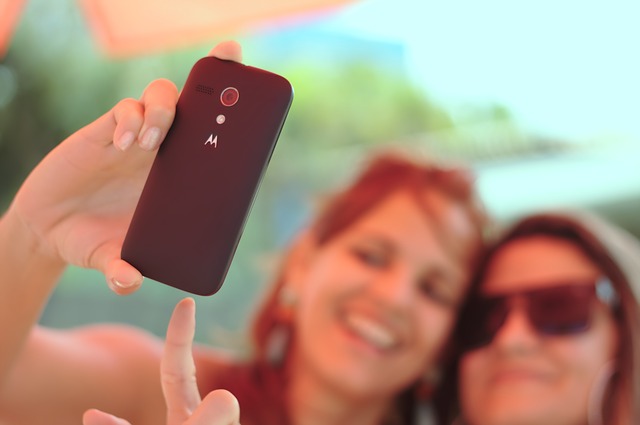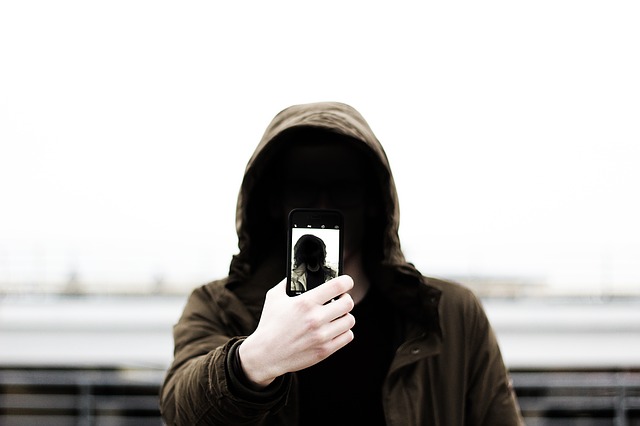
But, in recent studies, it is shown that clicking selfies has become an addiction. Not so long ago, there was news, where the person who was clicking selfies fell down a gorge and died. Recently it has become an obsessive addiction.
A person clicking numerous selfies in a day might be suffering from selfie addiction.
Hence, below are few signs of selfie addiction:
Low Self-Esteem:
One of the major indications of selfie addiction is a child’s low self-esteem. Through selfie’s the person is trying to gain admiration from outside. The clicking and uploading of the photo and then waiting for the approval gives an indication to them. They crave for people’s likeability.

An obsession of Appearance:
Accepting how one looks is admirable. But, people who are constantly obsessed with how they look becomes damaging. Most of the people who have this addiction often spend most of the time how they look. They spend extra hours and effort towards their appearance. Hence, when they click or post the selfie, they start to feel admired of their appearance.
Sudden Mood Changes:
A person who is a selfie addict will start showing sudden mood changes when they are not allowed to click selfies. These mood changes can range from extreme rage to extreme sadness. In some cases, the person starts feeling depressed. Also, they start showing personality changes, if they are being bullied online.

Large Photo-Library:
One of the most obvious signs of selfie addiction is a large selfie portfolio. The person’s gallery is filled with selfie’s. Their gallery will be filled with thousands of selfies. Thus, it becomes one of the biggest signs of selfie addiction.
If you think your child or someone you know is suffering from selfie addiction, then the best way is to talk to them. Talking to them actually helps to the problem. If you still see that the person is not improving then please visit a professional for advice.

